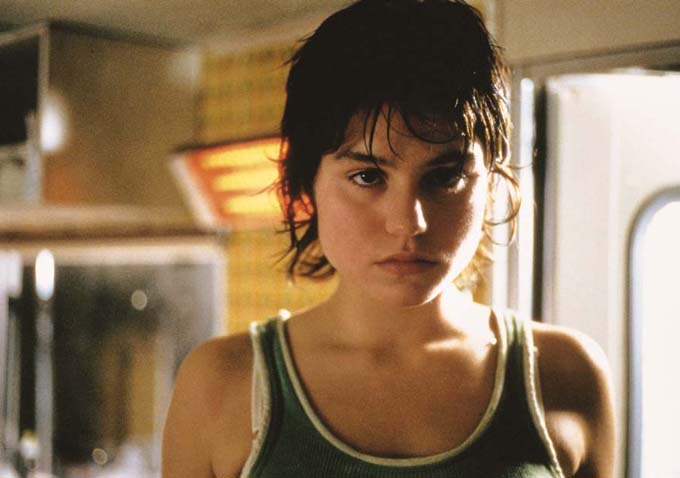 The year was 1999, and the competition at the Cannes Film Festival was pretty fierce. Takashi Kitano was in the mix with "Kikujiro," Jim Jarmusch was walking the red carpet with "Ghost Dog: The Way Of The Samurai," and David Lynch arrived with "The Straight Story," but the two movies causing the most buzz on the Croisette were Bruno Dumont‘s "L’humanité" and Pedro Almodovar‘s "All About My Mother." Those films were widely seen to be battling for the coveted Palme d’Or but that year, the prize somewhat controversially went to Jean-Pierre and Luc Dardennes‘ "Rosetta." It was their first Palme, followed by another in 2005 for "L’Enfant," and for David Cronenberg, who was jury president at the time, history has vindicated what was seen as a shocker fifteen years ago.
The year was 1999, and the competition at the Cannes Film Festival was pretty fierce. Takashi Kitano was in the mix with "Kikujiro," Jim Jarmusch was walking the red carpet with "Ghost Dog: The Way Of The Samurai," and David Lynch arrived with "The Straight Story," but the two movies causing the most buzz on the Croisette were Bruno Dumont‘s "L’humanité" and Pedro Almodovar‘s "All About My Mother." Those films were widely seen to be battling for the coveted Palme d’Or but that year, the prize somewhat controversially went to Jean-Pierre and Luc Dardennes‘ "Rosetta." It was their first Palme, followed by another in 2005 for "L’Enfant," and for David Cronenberg, who was jury president at the time, history has vindicated what was seen as a shocker fifteen years ago.
"I think about [Fidel] Castro’s words. He said, ‘history will absolve me.’ I don’t know if that’ll work for Castro, but I think it works for me and for my jury," the director told Vulture. "Of course, the Dardennes ended up winning the Palme again. The actors we gave awards to have won other awards, and so it was — it’s the politics. Part of it is the journalists. They like to present themselves as having an inside track on what’s happening with the jury, and they even have everyday ‘who’s gone up or down in the stakes,’ ‘who’s gonna win the Palme,’ and so on, but they’re totally guessing because they actually have no contact with the jury whatsoever, and everybody’s very strict about that. So they’re just making it up. That year, they had decided that Pedro Almodóvar’s film, ‘All About My Mother’, was for sure going to win the Palme, and then suddenly, this little film that no one had ever heard of, ‘Rosetta,’ was the last film that played in the festival, so a lot of the journalists actually didn’t go see it, suddenly won. It really wrong-footed them. It made them crazy."
Cronenberg’s assessment of the competition at Cannes that year isn’t off base. Indeed, attending as press means you do hear a lot of buzz around the Palais, but the jury themselves usually have little do to with journalists. So there’s a lot of spitballing that turns into "momentum," which inevitably leads to "surprises" or "snubs." It’s also interesting to note how each year the narrative around movies that play at the end of festival is that they’re being "hidden," because the quality is not up to par, as most press have left France by then. But as "Rosetta" proves, that’s hardly the case.
"…we were not playing politics," Cronenberg added. "We were just responding very directly to the movies in a very honest way and discussing them in a very open, honest way. We were told by our jury —God, my mind has really gone— that the vote for ‘Rosetta’ was the fastest vote in the history of the Palme, because everybody said ‘yes, ‘Rosetta’ is the one.’ Every single member of our jury. No one had another one that they were proposing instead. So, once again, there were no politics."
Cronenberg is eager to stress this point since that year previous collaborators Jeff Goldblum ("The Fly") and Holly Hunter ("Crash") were on the jury, leading some to suggest the director bullied them into voting his way. But Cronenberg says, "…people who knew Jeff and Holly, they would know that there’s no way I could force them to do anything. I mean, they’re very strong-minded people, and they have their own opinions about things. They voted for ‘Rosetta’ completely of their own volition. I couldn’t have influenced them if I wanted to."
Looking back it’s hard to argue with Cronenberg and the jury’s choice, though a case could be made for "All About My Mother." Thoughts? Have your say below.

